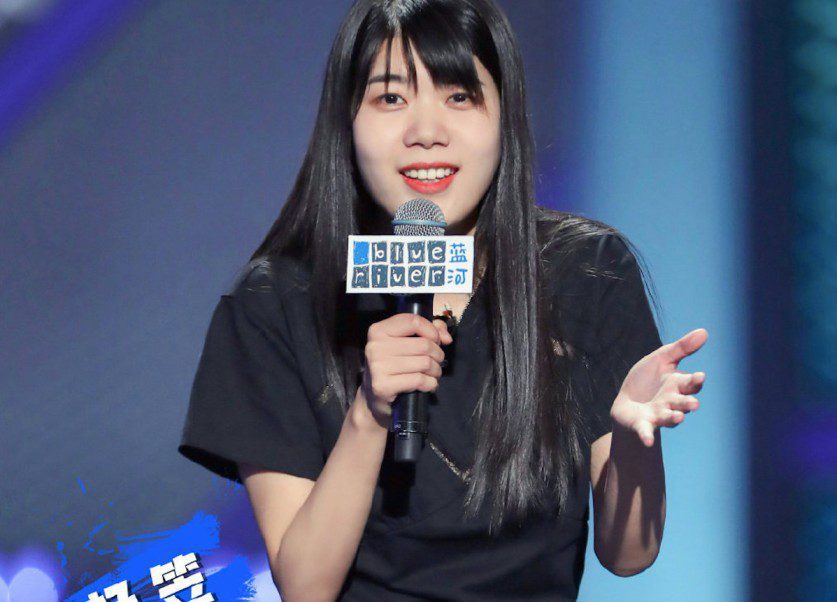Chinese female comedian Li Yang’s ads were removed by Intel because they irritated men


Li Yang, a Chinese stand-up comedian is known for facing the ire of male netizens with her punch lines such as, “why men are so ordinary, still so confident?”
The 29-year-old comedian found herself again in a raging controversy after she collaborated with Intel for a commercial. An ad where Yang is seen saying, “Intel has a very good taste on laptops, which is better than my taste on men.” Minutes after the ad was circulated on social media platforms, the comedian was attacked and the company was pressurized to remove the ad.
The male audience accused Yang of “sexism” and “man-hating.” Yang’s supporters defended her, saying the male critics are oversensitive and lack a sense of humour. The supporters argued that the backlash has proven Yang’s point in many of her jokes – the female perspective is often silenced by those who believe men are more superior than women.
Soon after, the advertisement was removed, but the debate it started continues.
In the latest Intel Weibo post, there were over 23k comments where people asked the same questions: “why her ads got removed.”, “why men can’t take jokes?”.
In recent years, sexism and gender inequality issues have started raising up in China. Gender discrimination in job recruitment, sexual harassment at workplace, domestic violence, high divorce rate and the lowest marriage rate records. All these issues women face in their lives are being discussed on social media platforms. Women are slowly but surely gaining the courage to talk. Yang’s comedy show speaks up for women, it resonates with millions of female audience and irritates some men.
After Intel removed Yang’s commercial, P&G and some other Chinese local brands wanted to or have already terminated the collaboration with her. The actions of these brands may prevent celebrities from speaking up for women’s rights. The feminist movement has just started in China and it has a long way to go, such acts to throttle voice will discourage others to speak which will be devastating for Chinese women.
Is China ready for FEMINIST VOICES?
A quick scan of the past events will help in seeing a broader picture.
In 2015, five Chinese feminists were detained for seven weeks for planning a campaign against sexual harassment on public transit.
In 2018, the social media accounts of Feminist Voices, a leading feminist organisation in China, were censored after having been taken down several times.
Last December, when a Chinese court heard a high-profile #MeToo case, state-controlled media refrained from covering the event. Amid this silence, a few influential accounts on Weibo posted unsubstantiated allegations that “foreign forces” were involved to stir controversy.
“Many commentators now allege Chinese feminists are linked to ‘foreign forces’,”Lu Pin, a prominent Chinese feminist told BBC, “Why is this allegation so effective (in convincing the public)? Because they replicate and follow the government’s logic.”
If Deeply entrenched gender stereotypes were not enough of a challenge for feminists, they also have to face accusations by the authorities of “provoking social instability”. This means they have increasingly become a target of the Chinese government.
For the safety of the author, we have kept the name hidden. The information provided herewith is through an authentic and original source.
